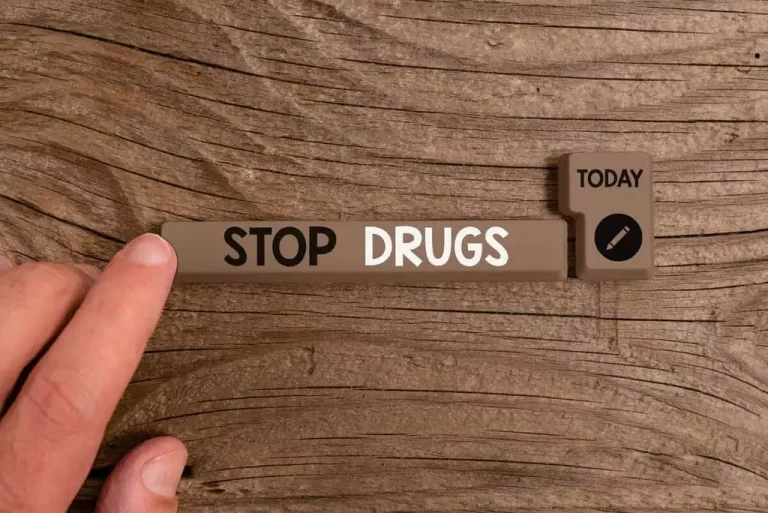
Moreover, neurotransmitters, particularly norepinephrine, are released when you’re drinking. This serves to lower your inhibitions, leading you to act more impulsively and not really care that much about how others might adversely assess your behavior. If family members try to “help” by covering up for their drinking and making excuses for them, they are playing right into their loved one’s denial game. Dealing with the problem openly and honestly is the best approach.
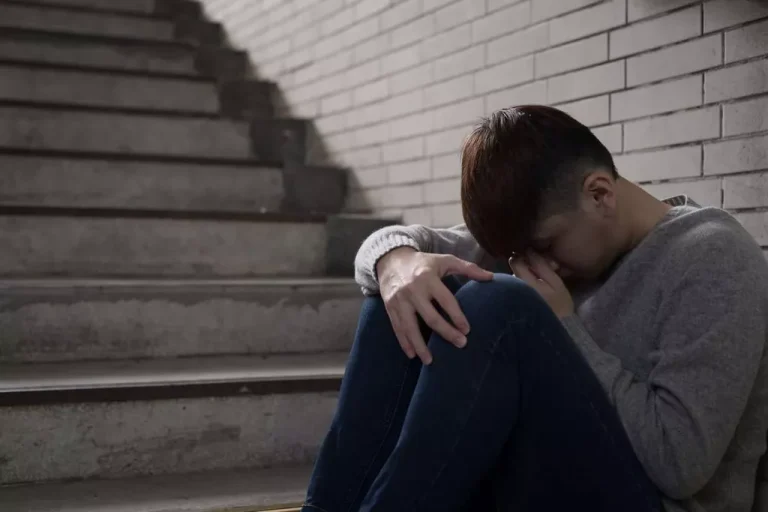
Surprising Benefits of Sobriety That Will Transform Your Life
- The cue can trigger a series of actions without our minds consciously deciding.
- She never drank during the workweek, but on weekends were different.
- That said, If you’ve been drinking excessively, then stopping drinking cold turkey can lead to withdrawal symptoms.
- External triggers refer to the environmental cues you link to alcohol, including places, times, people, and situations.
- All the same, it could be worth talking to a mental health professional — more on that below.
A lot of social events—happy hour, dinner, parties—involve drinking alcohol. And if these are common go-tos for the people you’re close to, you may feel less comfortable or less inclined to go out if you’re not drinking as much as you used to. Sebastian says that she now suggests an activity, like an art exhibit at a museum, where alcohol isn’t as big of a focus. “Instead of going to the bar, you can say to your friends, ‘Let’s throw a baseball in the park or go get our nails done,’” Sheinbaum says. Family and friends can provide encouragement and support when you stop drinking.
Packing your hurricane go bag? Make provisions for your health
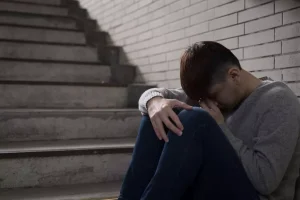
“For everybody, it’s really a process to figure out what’s going to work and what’s not,” says Sarah Vlnka. She’s a social worker and therapist in Michigan who has struggled with alcohol. Increasingly there are researchers and therapists evaluating this question.
Press Play for Advice On Finding Help for Alcohol Addiction
- Combining medication with therapy and other interventions can prove even more helpful than medication alone.
- Different approaches work for different people and various types of addiction.
- More time to meet new people, catch up with old friends and try new things.
- This is always a very personal decision that should be made with careful consideration of the risks and benefits of drinking versus abstinence.
- However, it’s important to make sure you’re getting the support you need as well.
- If you’re worried or embarrassed about telling your doctor about your alcohol use, it may be a good idea to bring someone with you who’s close to you.
- From month-long sobriety challenges to the Sober Curious movement, more and more people are taking a closer look at the role alcohol plays in their lives.
If left unchecked, the tool you used to try to control your emotions starts to control you instead. Just as different things can trigger alcohol cravings from person to person, different strategies can help you manage them. Learning to work through difficult emotions and handle these challenges in more productive ways can improve your relationships and overall well-being, not to mention help reduce the urge to drink. Maybe you experience your strongest cravings when you feel anxious or stressed or find yourself facing conflict with someone you care about. Taking time to explore the specific people, places, and situations that cue your urge to drink can make a big difference. But even when you don’t know anyone else trying to make a similar change, friends and loved ones can still offer emotional support.
Identifying triggers
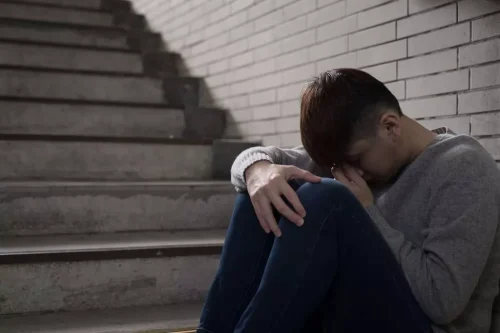
Taken together, the net effect of consuming alcohol generally is greater anxiety overall. Also write down any negative effects or situations that arose that you would like to avoid in the future. For example, “After my third beer, I got into an argument with Ben.” This will give you a good idea of the times, places, and people where your drinking tends to become excessive or problematic. Your drinking goal should be based on what is best for your long-term health, as well as what is realistic for you, your family and friends, and other aspects of your lifestyle. It’s always wise to check with your doctor — she should be able to help you decide whether it is best for you to cut back or to abstain. People who are dependent on alcohol, or have other medical or mental health problems, should stop drinking completely.
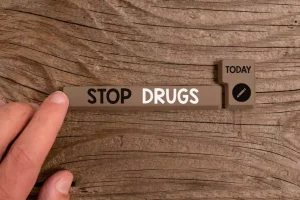
If you’re living with alcohol use disorder (also known as alcoholism), you’ll likely benefit from additional why cant i control my drinking medical interventions. The key difference between emotional drinking and alcoholism is a person’s level of control over alcohol and the impact on one’s life. An emotional drinker might periodically use alcohol to cope with negative emotions, but may not necessarily drink regularly or heavily outside of these instances. Over time, regular drinking can alter your brain chemistry, contributing to the development of mental health conditions, such as anxiety and depression. In fact, those who are dependent on alcohol have a 3.6 and 2.6 times higher risk of developing a mood or anxiety disorder, respectively.
- “What made me commit this time was being aware of when I used alcohol to cope, and deciding, I’m going to deal with this in a different way instead of going for drinks or buying a bottle of wine,” she tells SELF.
- I recently spoke with Laura McKowen on the Think Act Be podcast about her own journey to sobriety, which she describes in her lovely memoir, We Are the Luckiest.
- You’re likely to be in situations where you’ll be offered a drink.
- Dr. Streem suggests starting with the World Health Organization’s Alcohol Use Disorders Identification Test (AUDIT).
- This way, when your coins run out, you can be sure not to exceed the previously determined limit that you imposed on yourself.
- It’s perfectly okay to want to drink and be social while creating some boundaries at the same time.
Cutting down or quitting alcohol can help you to be happier, safer and healthier. Say you don’t have any cravings when you go without drinking. All the same, “a quick drink” often turns into three or four drinks. When you’re having a good time, you find it hard to stop, especially in the company of friends having the same amount. Knowing how to alter a habit does not mean we will automatically acquire the power to change our habit the next day. Changing habits requires repeat experimentation and practice.
- Checking in with another person in your life who’s trying to stop drinking can certainly help you ride out a craving with someone who understands.
- These are the types of feelings people will experience as they reduce their alcohol or drug use.
- Once you’ve cut back on your drinking (so you’re at or below the recommended guidelines), examine your drinking habits regularly to see if you’re maintaining this level of drinking.
- But in spite of your goals and no matter how committed you are to changing your habits around drinking, avoiding alcohol might prove a little more difficult than you expected.
Get the mental health support you need
Any information published on this website or by this brand is not intended as a substitute for medical advice, and you should not take any action before consulting with a healthcare professional. If you want to join your friends at bars while watching your booze intake, you might feel more comfortable having a nonalcoholic drink order that’s easily available, such as a soda and bitters. Plus, many places have upped their game and offer nonalcoholic wine, beer, and even mocktails.

